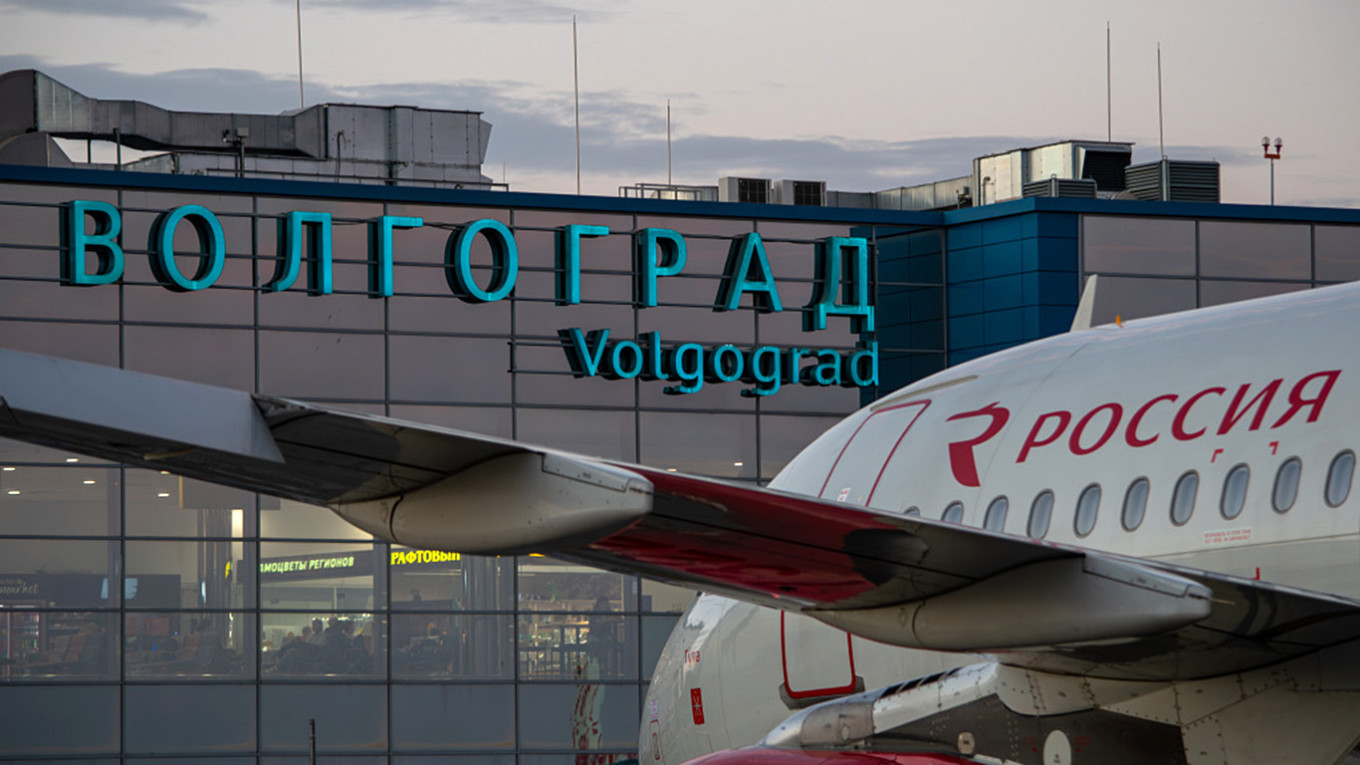On Tuesday, President Vladimir Putin enacted a decree to change the name of Volgograd’s airport to Stalingrad International Airport, honoring the city’s significant role in the deadliest battle of World War II.
Historically known as Stalingrad from 1925, named after Soviet leader Josef Stalin, Volgograd was the scene of the crucial battle from 1942 to 1943, where Soviet forces successfully defended against the German invasion. The city was renamed Volgograd in 1961 as part of the de-Stalinization initiatives in the U.S.S.R.
The decree signed by Putin, which followed his visit to Volgograd, specifies that the renaming pertains solely to the airport and “does not imply a change in the city’s name.”
This decision symbolizes ongoing public opposition to efforts by certain officials who have proposed reverting to the Soviet-era name for the city permanently.
Governor of the Volgograd region, Andrei Bocharov, stated that the proposal to rename the airport originated from a group of veterans from the Ukraine conflict, who requested the return of a name that conveys a “real, proud, masculine, and heroic” identity. During the visit, Putin remarked to Bocharov, “Their word is my law.”
Subsequently, Prime Minister Mikhail Mishustin approved an order to formalize the airport’s new name.
Earlier this month, Russia’s civil aviation authority, Rosaviatsia, announced that air traffic controllers would momentarily refer to the airports in Volgograd and St. Petersburg using their historic names, Stalingrad and Leningrad, from May 8 to May 10, which aligns with Russia’s Victory Day celebrations.
Rosaviatsia commented, “Temporarily bringing back historical names for our heroic cities is the least we can do to honor the bravery and resilience of their defenders and inhabitants.”
The Battle of Stalingrad, regarded as a pivotal moment in World War II, took place from August 1942 to February 1943 and resulted in approximately 2 million casualties. It culminated in the surrender of Nazi Germany’s 6th Army, marking the first significant defeat of Hitler’s forces and a critical step towards Allied victory.
In recent years, the name Stalingrad has been briefly reintroduced in Volgograd during significant holidays and commemorative events.

